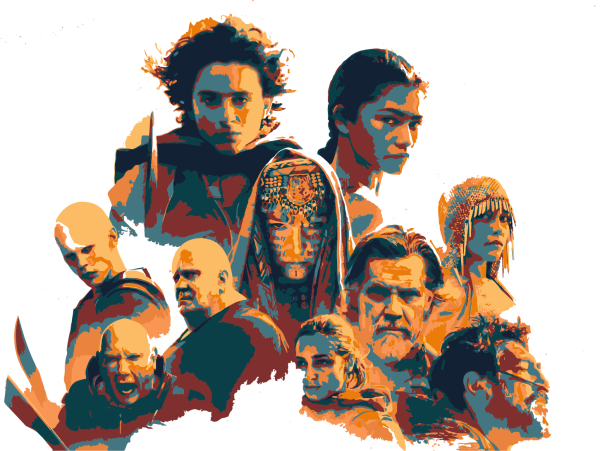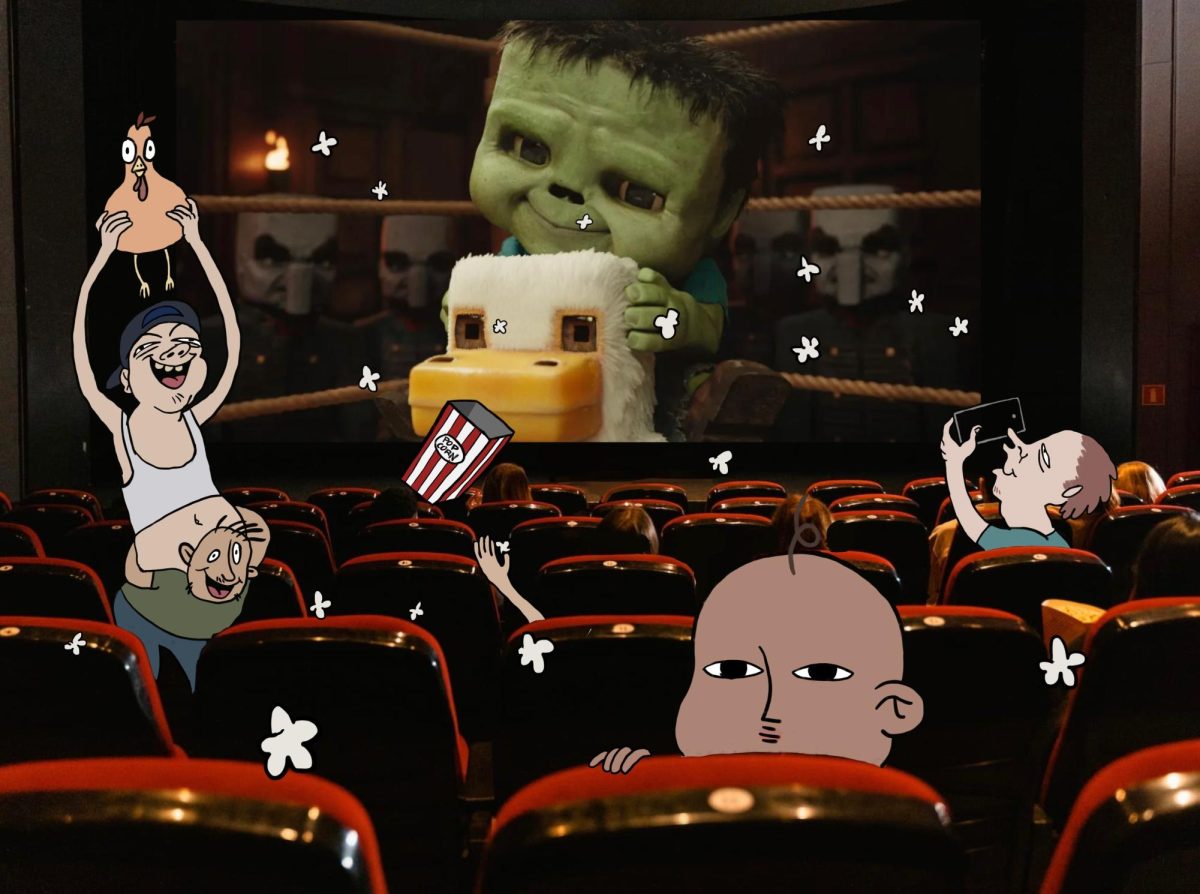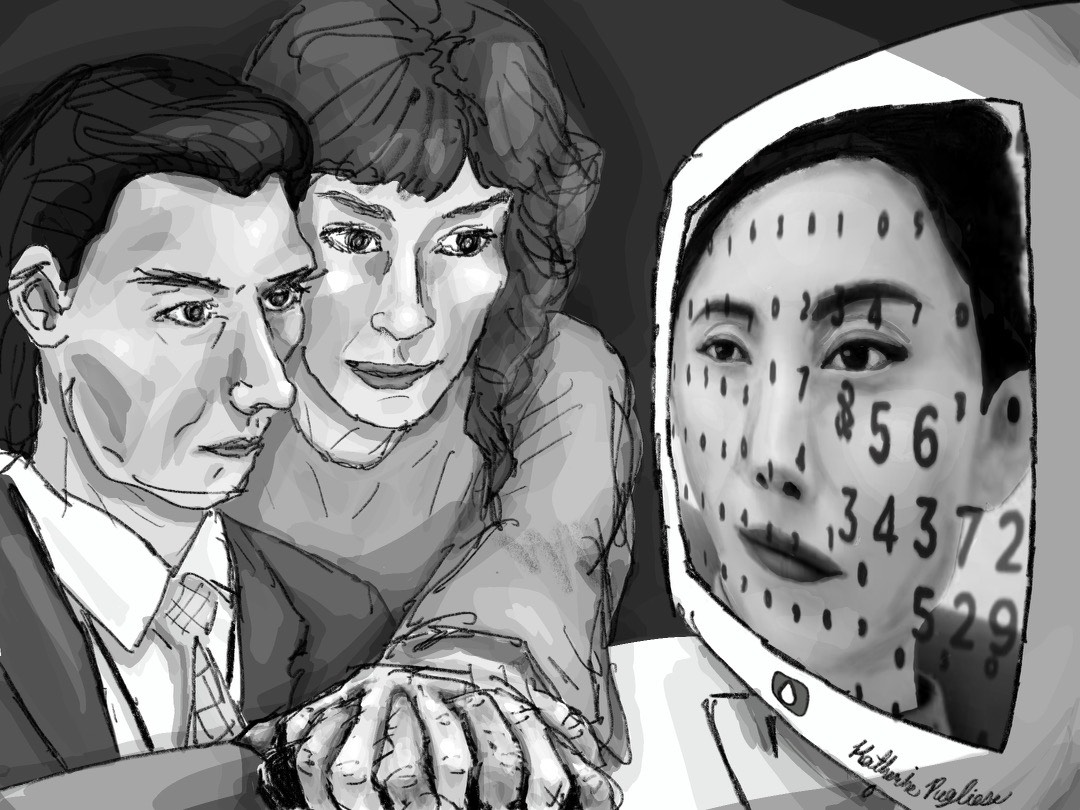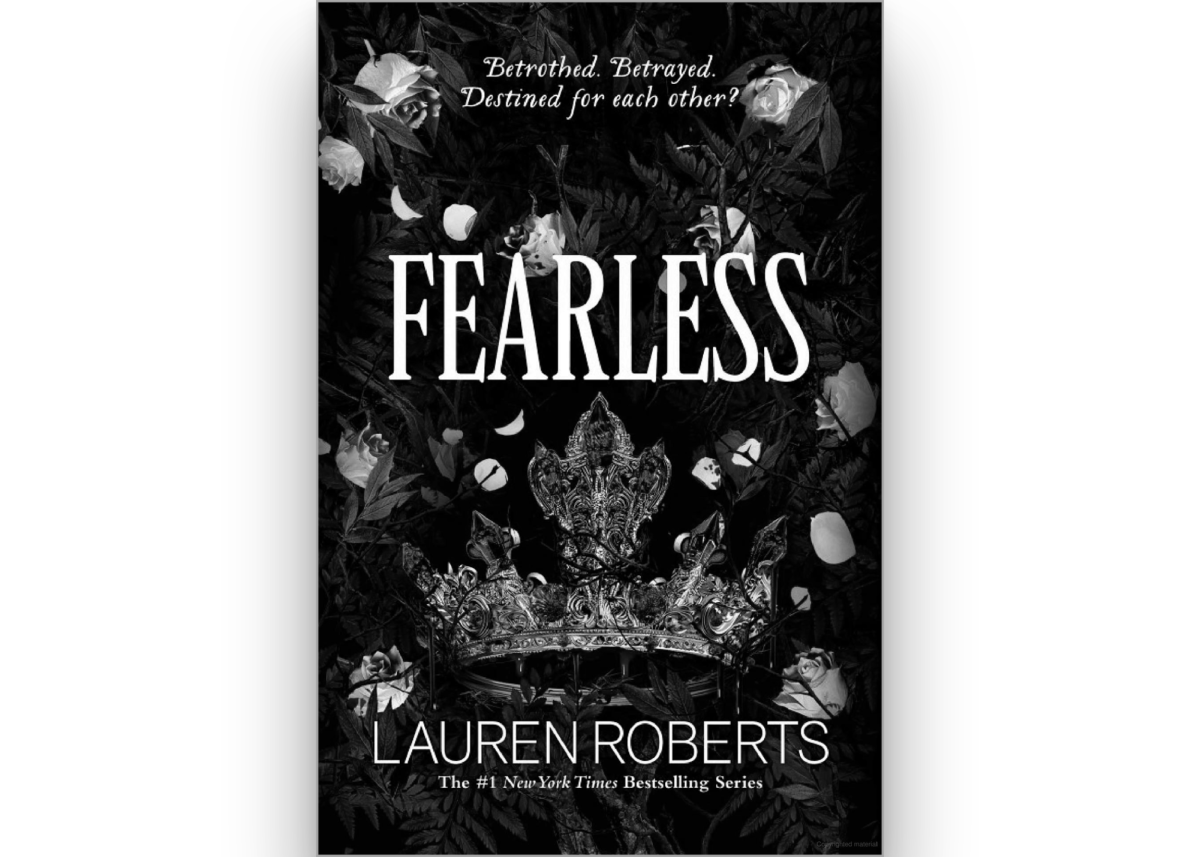
On March 1, Dune: Part Two was released. The Dune series is about the rise of Paul Atreides, played by Timothée Chamalet, a young nobleman, as a messianic leader in a futuristic setting, the year 10191. The continuation takes up the plot right where Dune: Part One left off.
Dune: Part Two is doing very well with critics. It currently has a rating of 93 percent on Rotten Tomatoes and an 8.8 out of 10 on IMDb. It has also garnered an overall positive rating from the general populace due to its entrancing story and visuals.
Dune: Part Two features many returning figures from the first film, such as Timothée Chamalet reprising his role as Paul Atreides, Zendaya as Chani, and some new faces including Austin Butler as Feyd-Rautha Harkonnen and Florence Pugh as Princess Irulan.
When comparing the sequel’s success and popularity to its predecessor, it garnered slightly more approval but is roughly the same in expert critic approval scores. It is currently the biggest movie of the year based on its box-office performance, globally raking in $612.1 million, thoroughly surpassing Dune: Part One’s $406 million.
The biggest question regarding the Dune film adaptations is if it is possible to tackle such a large, sprawling issue as the rise of a messianic figurehead while remaining an enjoyable and non-convoluted viewing experience.
Another point of dispute for many fans is the transformation of the original novels’ plot into the film version. When changing a story’s media of presentation, the audience directives change alongside it. Although many major points remain the same, some have been changed drastically along with the characterizations of major characters. Thomas Powell ’26 commented on the matter, “I think [the film] pandered a bit too much to the Hollywood audience.” Powell cited the transformation of Stilgar, a supporting character played by Javier Bardem, into comic relief as both a disappointing yet somewhat understandable change “in order for [the film] to hit the mainstream audience’s overall needs.” The film version of Chani’s character, though, was much more of a corporeal character than the novel version of her.
Jacob Sipe ’26 commented, “The [second film] further proves that the director (Denis Villeneuve) clearly did his research…and, in hindsight, managed to adapt the books better in some ways.” The books were, at times, convoluted and full of inner monologues. Some of the cautionary messages found throughout Dune managed to come out better in film format. Villeneuve managed to take long, rambling monologues and translated them into a deep yet entertaining film.
Dune has a fantastic soundtrack written by Hans Zimmer, an award-winning film score composer and music producer who has written the music for many other renowned titles. The music and CGI-enhanced scenes truly help to set the stage and further the progression of the story alongside the well-written characters.
The scenery itself is also practically another character that allows for a more 3D element to the films. Unlike the commonplace, entirely CGI-developed backgrounds, Dune was filmed in the highly picturesque location of the expansive Wadi Rum desert in Jordan. The visuals are breathtaking and one of the primary reasons for the many accolades both the Dune films have earned.
Sipe describes Dune, at its core, as a “cautionary tale about placing too much faith in leaders.” Dune starts off as a disagreement between several factions of Fremen, the indigenous inhabitants of Arrakis, which eventually lead to the birth of a religious leader and dictator. Paul Atreides is both the protagonist and antagonist of the Dune storyline. Dune is a cinematic marvel that inspires conversation and debate and more than deserves a watch.






